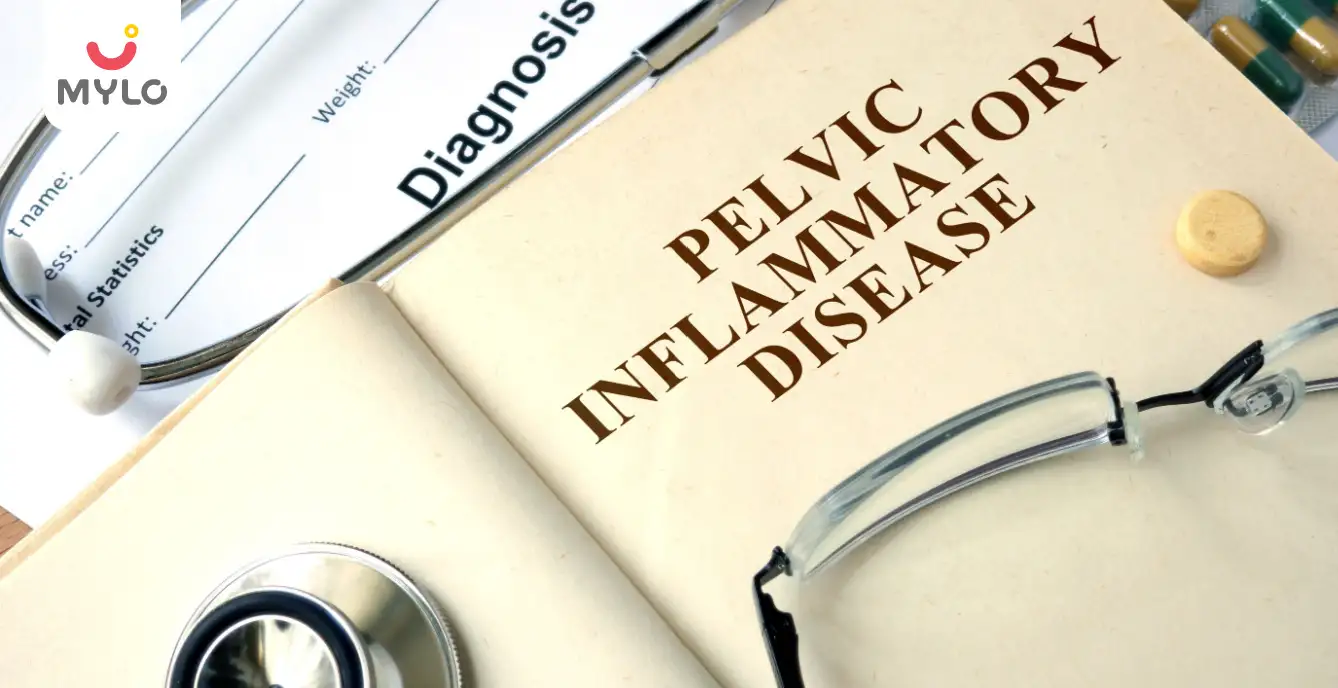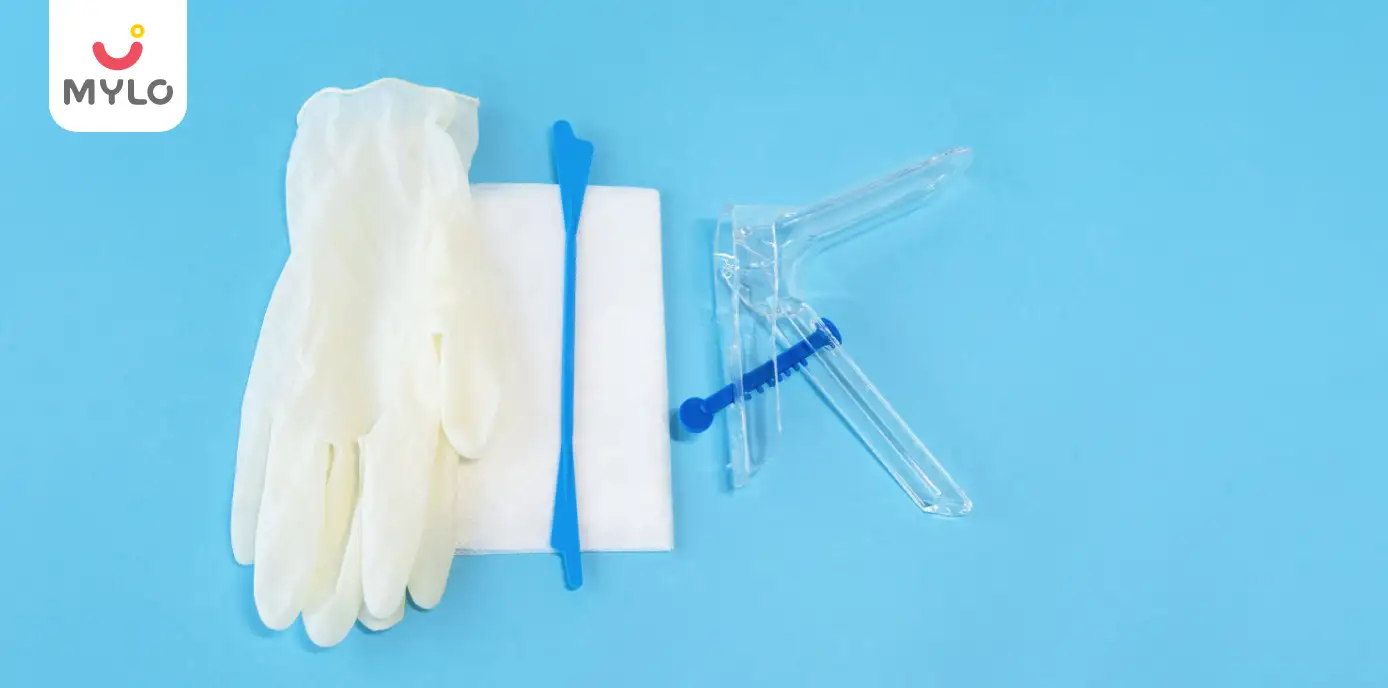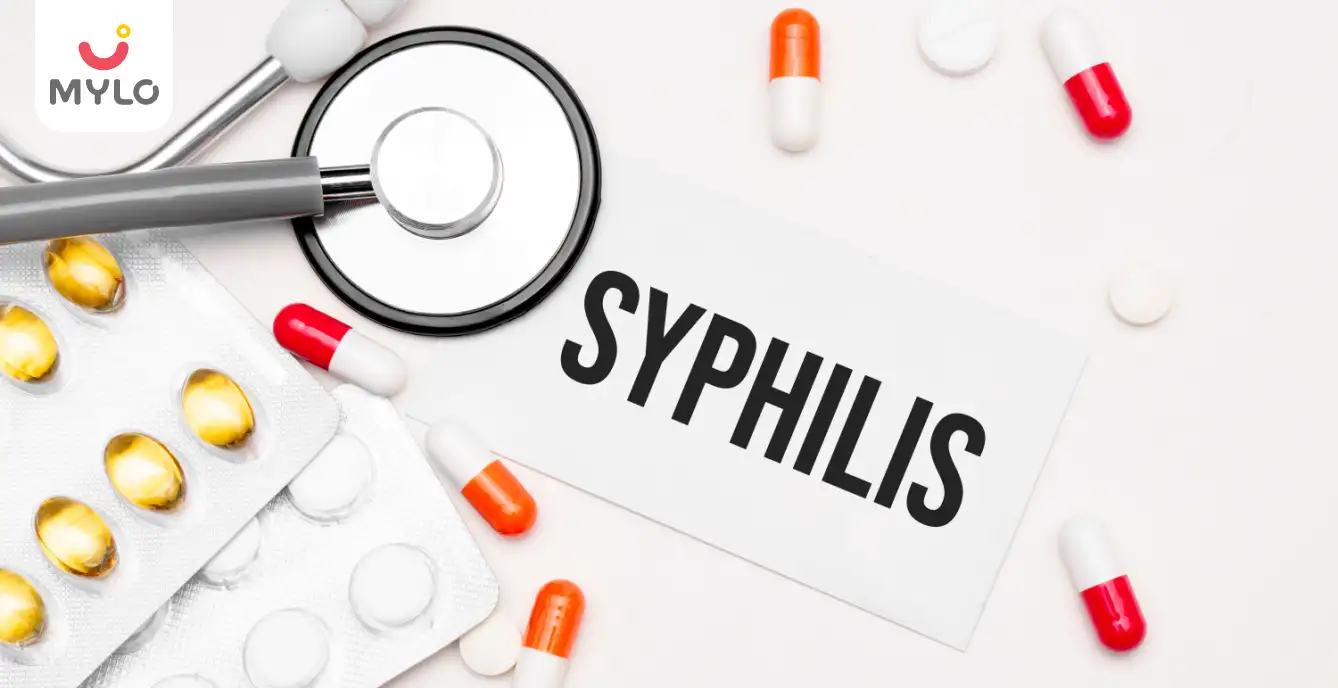Get MYLO APP
Install Mylo app Now and unlock new features
💰 Extra 20% OFF on 1st purchase
🥗 Get Diet Chart for your little one
📈 Track your baby’s growth
👩⚕️ Get daily tips

OR


Article Continues below advertisement
- Home

- Short Bowel Syndrome: Causes, Symptoms, and Treatment
In this Article
- What is short bowel syndrome?
- Symptoms of short bowel syndrome
- Causes of small bowel syndrome
- How to diagnose short bowel syndrome
- Treatment of Short Bowel Syndrome
- Some common treatment options include:
- Complications of Short Bowel Syndrome
- How to prevent short bowel syndrome
- FAQs
- What is the life expectancy for people with short bowel syndrome?
- Can you recover from short bowel syndrome?
Baby Care
 5850
5850Short Bowel Syndrome: Causes, Symptoms, and Treatment
Updated on 1 May 2023
Short bowel syndrome (SBS) develops when a small portion of the intestine is missing, either at birth or as a result of surgery. In this article, we will understand the symptoms, causes, complications, treatment and prevention of short bowel syndrome.
What is short bowel syndrome?
Short bowel syndrome is a condition where the small intestine is unable to absorb vitamins, minerals, and other nutrients from food. It is also known as "short gut syndrome" and "small bowel syndrome". It can be a result of the surgical shortening of the small intestine, a congenital defect, or damage to the intestine due to injury.
Symptoms of short bowel syndrome
The symptoms vary depending on the cause and the length of the short intestine.
Article continues below advertisment
Here are some of the common symptoms:
-
Diarrhea.
-
Malnutrition because the body cannot absorb enough minerals and vitamins from food.
-
Dehydration due to loose stool.
-
Stomach pain, bloating, and cramps. This happens due to improper absorption of food and gas generation.
Article continues below advertisment
-
Weakness and fatigue.
-
Vitamin and mineral deficiency.
-
Weight loss.
Causes of small bowel syndrome
Below are some causes of small bowel syndrome:
-
Surgical removal of a part of the small intestine.
Article continues below advertisment
-
Birth defects.
-
Some diseases, such as necrotizing enterocolitis or radiation colitis, damage the small intestine.
-
Gastroschisis is a birth defect of the intestinal walls. In this, the intestine comes outside the baby's body through the belly button. It can also result in smaller small intestines.
-
Meconium ileus. It is a type of bowel blockage in newborns.
How to diagnose short bowel syndrome
Short bowel syndrome is diagnosed with a combination of medical, physical, and lab tests. These tests include:
Article continues below advertisment
-
Blood tests to check for malabsorption.
-
Stool tests to check for the presence of fat and other nutrients in the stool.
-
Imaging tests to check the length of the small intestine and assess its function.
-
Intestinal biopsy to look for damage to the structure of the intestine. This involves short bowel syndrome histology. A large amount of variation is seen in the cellular structure indicative of the condition.
-
Colonic transit study to check the movement of food through the digestive tract.
Article continues below advertisment
Treatment of Short Bowel Syndrome
The main concern of treatment of the syndrome is to manage malabsorption and promote the growth and function of the remaining small intestine.
Some common treatment options include:
Nutritional support: This is provided through a source outside the digestive tract. It can be either through the bloodstream or IV.
Medications: Some medications used for treatment include -
Prokinetics: helps the movement of food through the gut
Secretagogue: releases digestive juices
Article continues below advertisment
Anti-inflammatory drugs: to relieve the inflammation of the gut
Surgery: If a portion of the gut is not working properly it is removed to improve function. Intestinal transplantation is done for people with severe malabsorption or when other options have failed.
Lifestyle modification: Avoid high-fibre foods; eat small meals; and drink water after and not during meals.
Home parenteral nutrition: Some people may need IV support at home. This is called home parenteral nutrition.
Complications of Short Bowel Syndrome
The syndrome can lead to serious, even life-threatening, problems. Some complications include:
Article continues below advertisment
-
Malabsorption of nutrition can lead to weakness and fatigue.
-
Dehydration causes the loss of fluids from the body.
-
Electrolyte imbalances can affect the functioning of other organs in the body.
-
Liver dysfunction.
-
Bacterial overgrowth. This can disrupt the normal balance of gut bacteria and lead to infections.
Article continues below advertisment
-
Gallstones.
-
Anaemia.
-
Skin disorders like eczema and dermatitis.
It is important to closely monitor this condition with a healthcare professional.
How to prevent short bowel syndrome
Here are some ways to prevent the syndrome:
Article continues below advertisment
-
Early diagnosis and treatment of conditions like IBS and colitis that lead to short bowel syndrome.
-
Careful surgical planning and execution.
-
Postoperative care is important after surgeries to prevent complications.
-
A sufficient supply of nutrition must be maintained. A dietician can play a vital role in forming a good diet plan.
-
Lifestyle modifications such as eating less fibrous food and eating small, more frequent meals.
Article continues below advertisment
-
Use of medications as prescribed by the doctor.
FAQs
What is the life expectancy for people with short bowel syndrome?
It varies depending on the severity of the condition. In cases where the small intestine is partially removed and the remaining intestine is able to compensate for the loss, the life expectancy can be close to normal with good management. When a large portion of the small intestine is removed and the remaining intestine is not able to compensate, life expectancy is reduced.
Can you recover from short bowel syndrome?
Yes, recovery is possible if the remaining small intestine is able to function adequately. In more severe cases, recovery may not be possible, but the person can lead a relatively normal lifestyle through parenteral nutritional support.



Written by
Roohi Kalra
Get baby's diet chart, and growth tips

Related Articles
Understanding RSV And Its Long-Term Impact On Lung Health In Preterm Infants
Preventing Respiratory Syncytial Virus (RSV) In Preemies: Essential Steps For New Parents
How Respiratory Syncytial Virus (RSV) Impacts Premature Babies Differently: What Every Parent Needs To Know
Adverbs: A Comprehensive Guide to help small children learn the usage of adverbs
Related Questions
Influenza and boostrix injection kisiko laga hai kya 8 month pregnancy me and q lagta hai ye plz reply me
749 views
Hai.... My last period was in feb 24. I tested in 40 th day morning 3:30 .. That is faint line .. I conculed mylo thz app also.... And I asked tha dr wait for 3 to 5 days ... Im also waiting ... Then I test today 4:15 test is sooooo faint ... And I feel in ma body no pregnancy symptoms. What can I do .
751 views
Baby kicks KB Marta hai Plz tell mi
759 views
PCOD kya hota hai
1318 views
How to detect pcos
55 views
Related Topics
RECENTLY PUBLISHED ARTICLES
our most recent articles

Illnesses & Infections
Pelvic Inflammatory Disease (PID): Symptoms, Causes & Treatment
(6,150 Views)

Labour & Delivery
Lightning Crotch in Pregnancy: All You Need to Know
(4,173 Views)

Vaginal Discharge
Vaginal Dilator: Learn its Types & How To Use It?
(3,188 Views)

Care for Baby
Infected Umbilical Cord: Symptoms, Treatment And Prevention
(1,780 Views)

hair regime
Is Hair Fall Normal in Pregnancy

Illnesses & Infections
Syphilis: Symptoms, Causes, Risks & Treatment
(909 Views)
- Congenital Heart Disease: Symptoms, Causes & Treatment
- Fetal Echo Test in Pregnancy: A Diagnostic Tool for Detecting Heart Defects in the Womb
- Bedwetting (Nocturnal Enuresis): Causes, Symptoms & Treatment
- Birthmark: Types, Causes, Risks & Treatment
- Behaviour Therapy: Benefits, Types & Techniques
- How Long Does Breast Milk Last at Room Temperature?
- Thrush: Causes, Symptoms, Treatment, and More
- Childhood Asthma: Symptoms, Causes & Treatment
- Reflux in Baby: Symptoms, Causes & Treatment
- Pre Eclampsia: Meaning, Causes & Symptoms
- Baby Diarrhea: Causes, Symptoms & Treatment
- Bronchiolitis: Causes, Symptoms & Treatment
- Pelvic Pain in Pregnancy: Symptoms & Treatment
- Saliva During Pregnancy: Causes & Prevention


AWARDS AND RECOGNITION
Mylo wins Forbes D2C Disruptor award
Mylo wins The Economic Times Promising Brands 2022
AS SEEN IN
















At Mylo, we help young parents raise happy and healthy families with our innovative new-age solutions:
- Mylo Care: Effective and science-backed personal care and wellness solutions for a joyful you.
- Mylo Baby: Science-backed, gentle and effective personal care & hygiene range for your little one.
- Mylo Community: Trusted and empathetic community of 10mn+ parents and experts.
Product Categories
baby carrier | baby soap | baby wipes | stretch marks cream | baby cream | baby shampoo | baby massage oil | baby hair oil | stretch marks oil | baby body wash | baby powder | baby lotion | diaper rash cream | newborn diapers | teether | baby kajal | baby diapers | cloth diapers |








